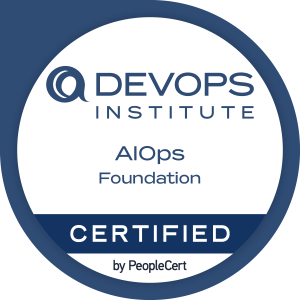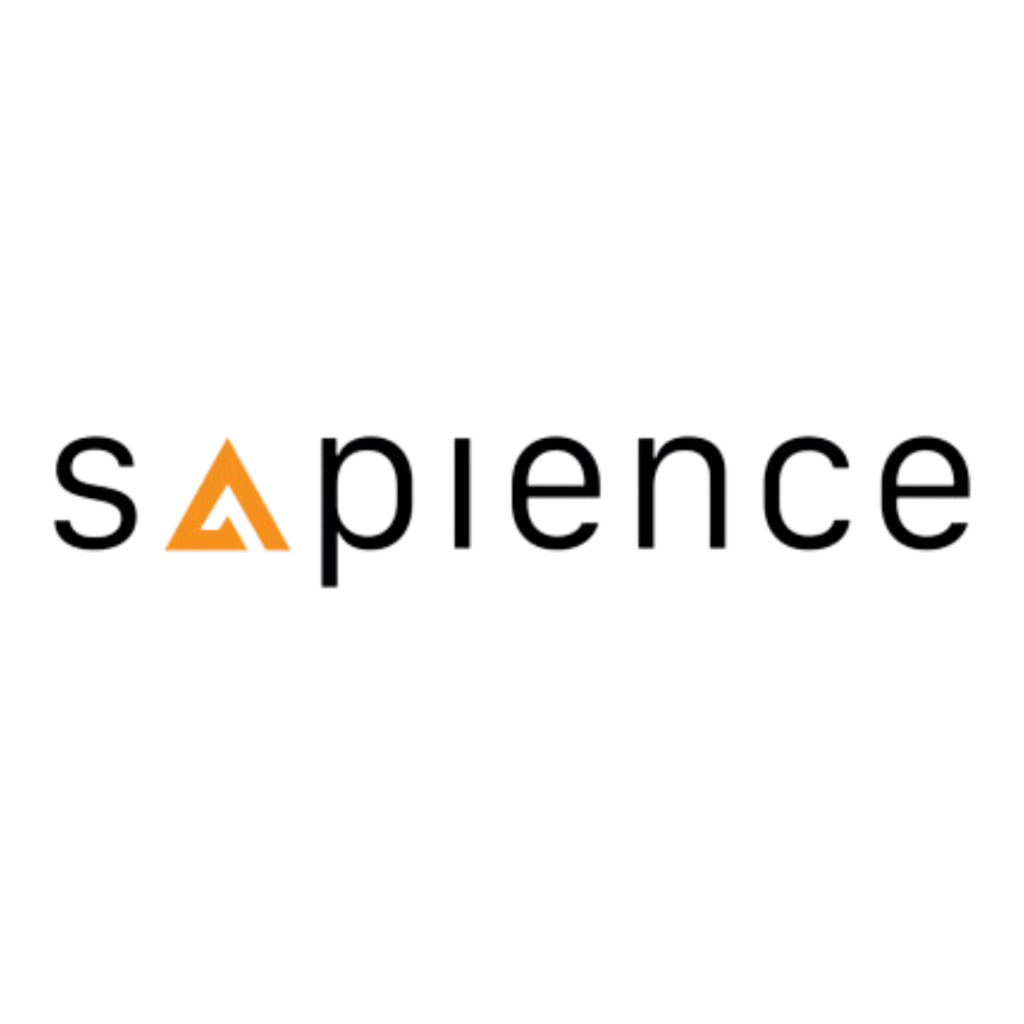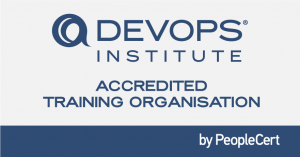AIOps Foundation (AOF)®
The course covers the origins of AIOps including the history behind the term, patterns that preceded it and the technology context in which it has evolved. Learners will gain an understanding of the processes of combining big data analytics, machine learning algorithms, automation, and optimisation into a single platform.
Key principles and foundational concepts will provide students with an understanding of how and why digital transformation, together with the evolution of machine learning, have brought about the rise of AIOps. Core technologies of machine learning and big data will be discussed, as well as the basic concepts of artificial intelligence, different types of machine learning models that can be implemented, and the relationship between AIOps and MLOps, DevOps and Site Reliability.
This course provide learners with an understanding of the benefits of implementing AIOps in the organisation, including common challenges and key steps in ensuring valuable and successful integration of artificial intelligence in the day to day operations of information technology solutions. Unique and exciting exercises will be used to apply the concepts covered in the course and sample documents, templates, tools, and techniques will be provided to use after the class.
- AIOps Foundation
○ History and Predecessors
○ Meaning of AIOps
○ Differences between AIOps and IT Operations Analytics
○ Core Technologies and Basic Concepts
○ Stages of an AIOps System
○ Overlapping Practices - AIOps in the Organisation
○ Drivers and Influences
○ AIOps and DevOps
○ AIOps and Site Reliability
○ AIOps and Security
○ Data, Telemetry and Systems Complexity
○ A New Paradigm to Understand System State - Core Technologies: Data
○ What is Big Data?
○ The Five V’s of Big Data
○ Characteristics of Big Data
○ AIOps Data Sources and Types
○ Diverse Data - Core Technologies: Machine Learning (ML)
○ AI and Machine Learning
○ Supervised vs Unsupervised
○ Machine Learning vs Analytics
○ Machine Learning and Training Models
○ AIOps and the Future of AI
○ AIOps vs. Analytics Similarities and Differences - AIOPs and Operations Metrics
○ Metrics and Operations
○ Key Metrics to Track Across Systems
○ Agreements, Objectives and Indicators
○ Incident Related Metrics
○ Quantifying Incidents (MTTD, MTBF, MTTA, MTTR)
○ Service Level Agreements - AIOps Use Cases and Organisational Mindset
○ Shifting from Reactive to Proactive
○ Characteristics of a Reactive Approach to Operations
○ Deterministic to Probabilistic
○ Deep Dive Into Use Cases
○ AIOps and Shifts in the Organisation
○ Understanding the Past and Predicting the Future - Evaluating AIOps Impact
○ AIOps and Operations Metrics
○ AIOps, DevOps and SRE
○ Improving AI Accuracy
○ AIOps System Visibility
○ Tracking Impact of AIOps
○ Impact to Incident Related Metrics
○ AIOps and DORA Metrics - Implementing AIOps in the Organisation
○ Avoiding Common Challenges
○ Ethics and Machine Learning
○ Paths to Implementation
○ Data Quality and Processes
○ Culture and Organisational Practices
○ Data and Regulation
○ Machine Learning Bias
○ Privacy and User Data
- LO1:Troubleshoot issues in IT environment and collect operational data by applying AIOps.
- LO2: Perform advanced infrastructure support activities using AIOps.
- LO3: Develop material for infrastructure administrative activities using AIOps.
- LO4: Apply machine learning of AIOps for problem management activities.
- LO5: Use operational metrics of AIOps in end-to-end support of management activities.
- LO6: Develop use cases for infrastructure upgrade or update using AIOps.
- L07: Assess infrastructure upgrade for impact on performance levels with AIOps.
- L08: Plan infrastructure upgrade activities using AIOps.
- Language and literacy proficiency level : Minimum 3 GCE ‘O’ Levels Passes including English or WPL Level 5
- Required years of experience in relevant domain : Minimum of 1 year of working experience.
Candidates who attend the course will be better positioned to successfully complete the AIOps Foundation certification examination.
About the examination:
- Exam duration: 60 minutes to complete the exam.
- Exam format: 40 questions, multiple choice, proctored, open-book.
- Passing score: 26 marks required to pass (out of 40 available) – 65%.
All exams will be conducted online. The exams are web-proctored by PeopleCert and are available 24/7. Successful participants earn the AIOps Foundation certification.
Certificate of Attendance from Sapience Consulting:
Upon meeting at least 75% attendance and passing the assessment(s), participants will receive a Certificate of Attendance from Sapience Consulting.
The following information are relevant for candidates who are seeking SSG-funding support for the course:
- Assessments
Candidates must pass all prescribed tests/assessments and attain 100% competency to be eligible for funding support.
○ Mode of Assessment: Written Assessment, Case Study Assessment. - Statement of Attainment (SOA) from SkillsFuture Singapore:
After passing the assessment(s), you’ll receive a SkillsFuture Singapore Statement of Attainment (SOA) certifying that you have achieved the following Competency Standard(s):
○ ICT-OUS-3007-1.1 – Infrastructure Support-3.
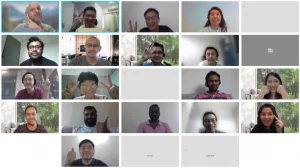
Hear What Our Students Say About Us
Funding Available
SSG Funding
SSG Funding
PSEA Funding
PSEA Funding
SkillsFuture Credit
SkillsFuture Credit
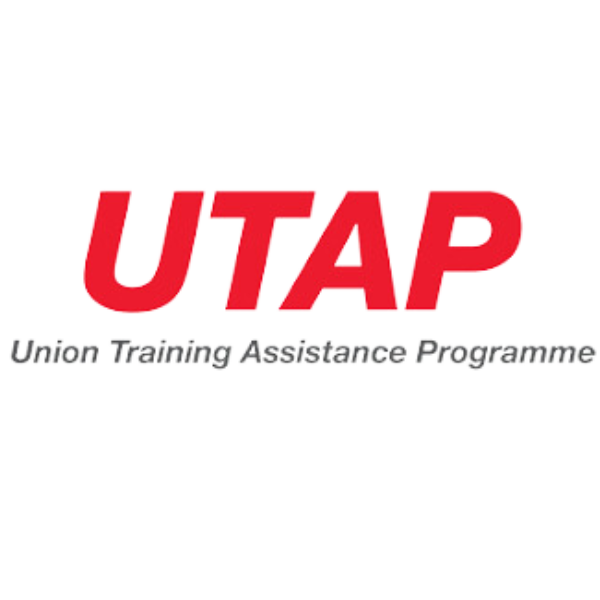
Supported by UTAP
Supported by UTAP
Why Us?
Complimentary refresher
Participants can attend a complimentary refresher if they wish(1-year validity and subject to approval)
Post Course Advisory Support
Should you have questions after the course, you may contact the trainer for assistance regarding course material
E-learning Portal Access
1 year access to our E-learning portal. Including:
- E-books available for download
- Official sample exam
- Randomised quiz formulated by Sapience Trainers based on past examinations
Meet Your Trainer
Principal Consultant
Sapience Consulting
Senior Consultant
Sapience Consulting
Related courses
Devops and the Swirl logo are registered trademarks of the PeopleCert group. Used under licence from PeopleCert. All rights reserved.
